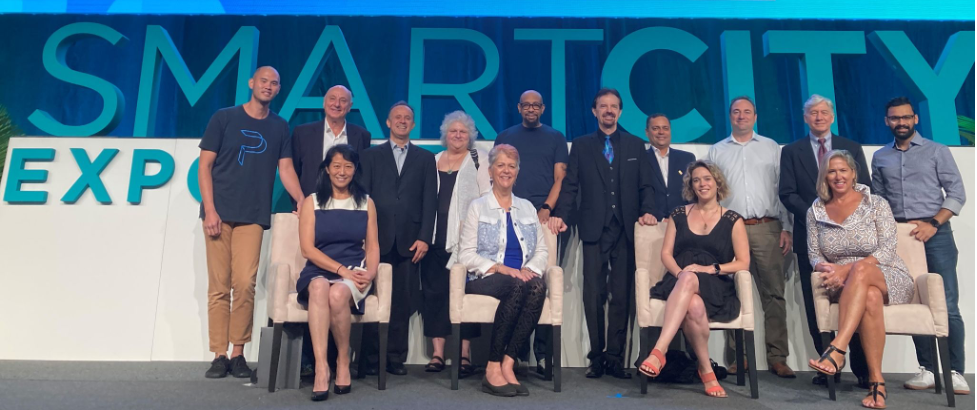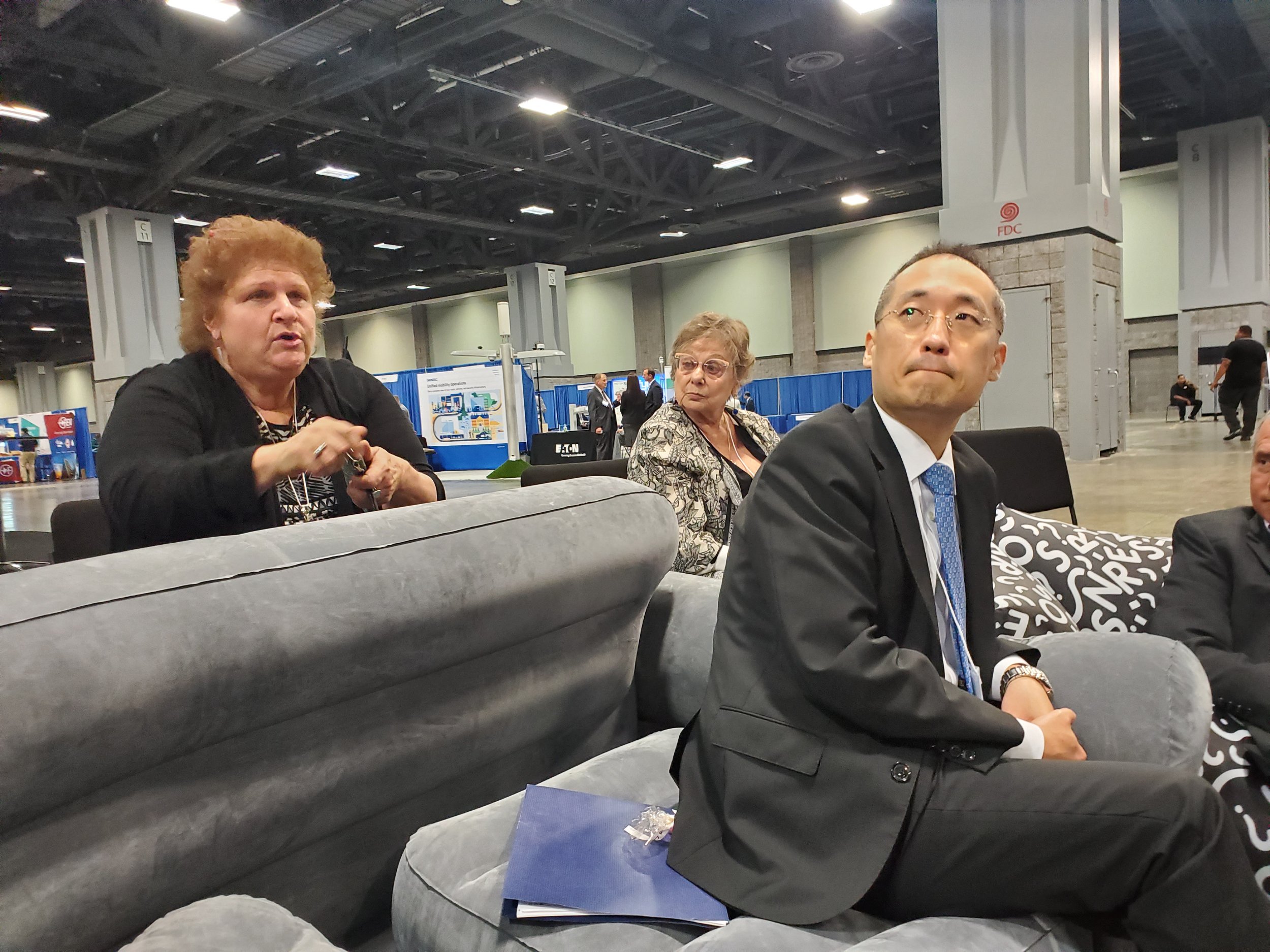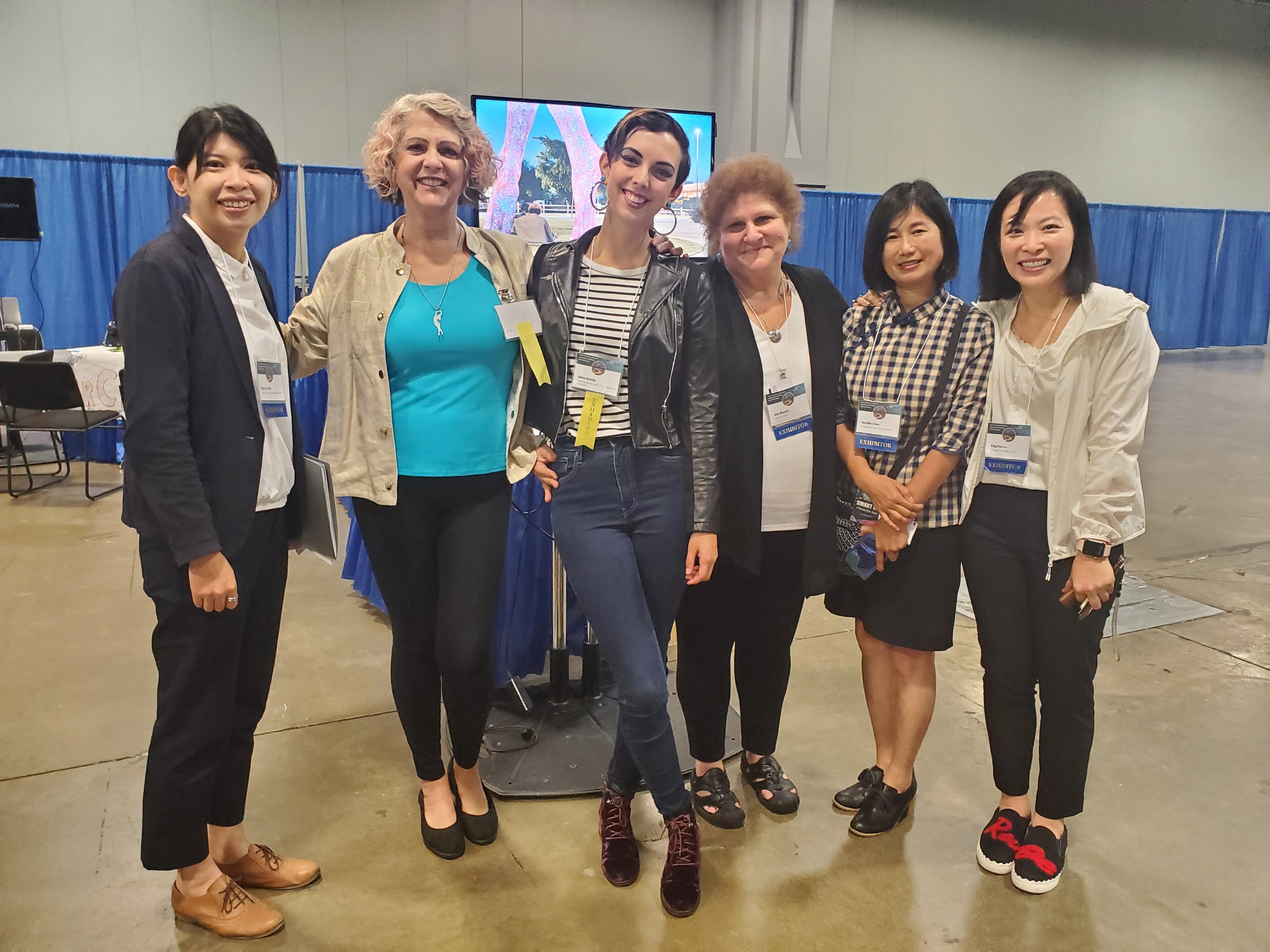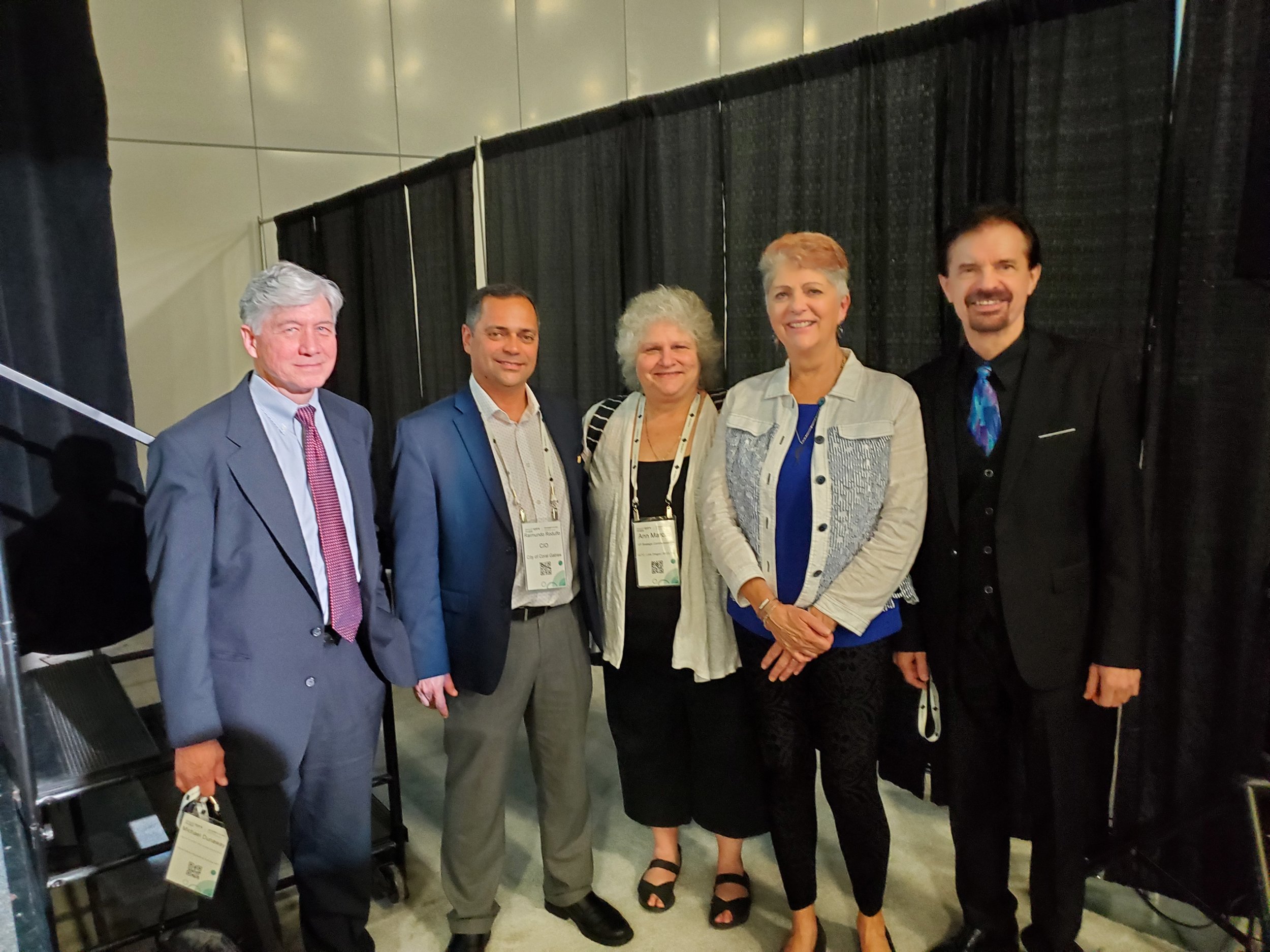
Global Community
Technology Challenge
(GCTC)
GCTC was born in 2014 as the Global City Teams Challenge. The brainchild of Sokwoo Rhee, then Associate Director for Cyber-Physical Systems & Innovation at the National Institute of Standards & Technology (NIST), GCTC was designed to bring together people working in, and interested in, smart city technology.
The idea? Connect public and private organizations globally to learn, educate, share best practices and harness “smart city” technology to create high quality, well paid jobs for U.S. residents.
Synopsis
2014 – Present
Washington D.C.
Client:
Member, Global Communities Technology Challenge (GCTC) Leadership Team (formerly Global Cities Team Challenge) as advisor to NIST
Key Stakeholders:
Smart City stakeholders, globally: includes representatives of U.S. & global governments, NGO’s, universities, research & advocacy organizations, companies, and entrepreneurs collaborating to scale the positive impacts of smart technologies for diverse communities.
NIST (National Institute of Standards and Technology); Michael Dunaway, Associate Director for Innovation, Smart Grid, Cyberphysical Systems Program, NIST.
NSF (National Science Foundation) / Technology, Innovation & Partnerships
United Nations: Ability to effectively measure progress on Sustainable Development Goals through U.S. standardization and adoption of Smart City Holistic Key Performance Indicators aligned with SDG’s. NIST standards are adopted by countries globally.
Product:
In collaboration with NIST, develop holistic KPI (KEY PERFORMANCE INDICATORS) framework for smart communities. This framework encourages digital transformation through collaborative and co-designed approach with broad community constituencies and stakeholders (replicable, scalable, practical, trusted)
Develop GCTC Goals through series of in-person workshops (2022-23)
NIST review and publication of Global Community Challenge (GCTC) Strategic Plan 2024-26 for public review and comment.
Evolve into a national public-private partnership dedicated to the integration of advanced technologies for cities and communities.
Develop a research-based scientific foundation for the GCTC and NIST Smart Cities Infrastructure program, with emphasis on communications technologies to enhance public safety, and community resilience.
Broaden the definition of and agenda for smart cities and enable them to address cross-cutting challenges and achieve a more equitable distribution of benefits for residents and communities.
Role:
Member, Global Communities Technology Consortium (GCTC) Leadership Team (formerly Global Cities Team Challenge)
Chair: Business Development Team
Co-Chair (w. Ann Marcus): Education and Workforce Development Team
HISTORY
The Global Communities Technology Consortium (GCTC) represents a public-private partnership of diverse, experienced smart city professionals with the National Institute of Standards and Technology/Dept. Of Commerce (NIST). Conceived during his internship with the White House Office of Science & Technoloy, in 2014 Dr. Sokwoo Rhee launched GCTC to bring together municipalities, entrepreneurs, technologists, universities and other stakeholders globally to develop and share smart city best practices.
Nevertheless, NIST has struggled to connect its smart city technology advances to pilot projects and community implementation. After nine years of working together creating connections, developing projects, and building trust, NIST has engaged GCTC’s diverse cadre of “smart city” specialists to develop a scalable, diverse community engagement framework that encourages effective Smart City development.
Deborah Acosta has been a leading member of GCTC since 2014, acting first in her role as Chief Innovation Officer for the City of San Leandro (2014-18); today as Chief Executive Officer of WeAccel (2018-present).
Outcomes:
In 2022, two GCTC Leadership workshops were held 1) to review the current state of the GCTC program and 2) to construct a community-driven strategic plan that addresses the desire – and need -- for communities to transform digitally. (Washington DC August 2022; Coral Gables, FL September 2022)
Results: (Draft) GCTC Strategic Plan – Key Principle Objectives:
Continue development as premier global smart city network and experts
Guide municipalities regarding system reliability and interoperability
Ensure smart city foundation includes goals toward achieving more equitable distribution of outcomes and benefits to communities and residents
The GCTC Community Technology Challenge (GCTC) Strategic Plan 2024-2026, published by NIST, was out for public comment as of February 1, 2024.
Public comment portal is found here: https://www.nist.gov/news-events/news/2024/01/nist-requesting-public-input-published-strategic-plan-smart-cities-program
WeAccel’s Role:
Chief Innovation Officer, representing City of San Leandro (2014-18);
CEO (Chief Executive Officer), WeAccel (2018 – present)
Strategic Mission: Identify and develop opportunities to guide cities and communities in their own unique digital transformation journey, securely, and with community engagement and agreement. Issues of digital equity, diversity and inclusion are baselines to smart city development.
TO PRESENT: GCTC Leadership Team – Development of Smart Cities & Community Framework Series
TO PRESENT: Education Supercluster (EDSC) - Leadership Team
TO PRESENT: EDSC Action Cluster - Smart City Diaries promotes the use of media and entertainment to connect audiences, especially youth, to the development of technology; to understand their role as climate change pioneers; and ways to get engaged now with community-based problem solving.
TO PRESENT: Member of The Cirrus Group, formed to respond to NIST’s GCTC needs for a private partner, now forming an internationally recognized community of smart city trusted advisors.
As San Leandro’s Chief Innovation Officer, Acosta represented the City as one of two original co-chairs of the GCTC/Utility Supercluster, along with Pilot City entrepreneur Derick Lee. Acosta also represented the City at several GCTC conferences and workshops in Austin and Washington D.C. San Leandro’s Mayor, Pauline Cutter, was featured as a smart-city panelist at several of these events.
As WeAccel’s CEO, along with partner Ann Marcus, developed the Community Hierarchy of Needs framework . This framework provides communities with policy guidelines that enable leaders to prioritize problem-solving (and budgets) based on measurable and equitable improvement in infrastructure, security, livability, and quality of life for all residents.


















